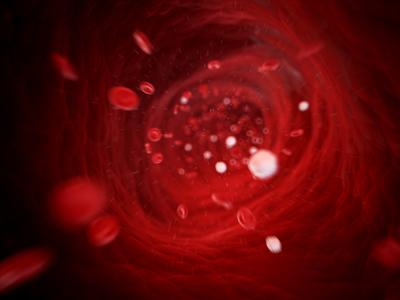
An Introduction To Stem Cells
There are various types of cells in the human body. All cells are defined or named in accordance to the functions they cater to. In other words, every cell in the human body is specialized to perform a certain task or support a certain specific set of functions. Stem cells are unspecialized cells which have the ability to develop into or get differentiated into several types of cells.
Stem cells are capable of generating new stem cells, new tissues and they can repair and replenish existing cells and tissues in the human body. Stem cells are integral to the growth, repair and well being of the human body.
Stem cells are found in multicellular organisms. Among multicellular organisms, the stem cells are typically of two types in mammals. These two types of stem cells are referred to as embryonic stem cells and adult stem cells. The stem cells have an unlimited potential to generate new cells and to repair existing cells and tissues as and when needed, as long as the host body is alive. Stem cells also facilitate cell division during which a stem cell may, through mitosis, become a red blood cell, a muscle cell or a brain cell. It may also become another stem cell which will again have the potential to divide and become a specialized cell.
Stem cells renew themselves or generate new cells through two processes. One, whenever there is a need for some new cells or some tissues, whenever existing cells and tissues have been damaged and are in need of repair or the body is ailing and new cells are necessary to heal the body, the stem cells will start to generate new cells. Two, whenever the body is subjected to certain experiments or some physiological changes, the stem cells are subjected to new cell division leading to the development of new cells or specific tissues specialized for certain purposes. Stem cells also generate new cells which are tasked for specific functions of certain organs. For instance, stem cells consistently generate new cells in bone marrow and gut to replenish the tissues, to replace the damaged tissues and to heal them. In organs like the heart or pancreas, the stem cells don’t generate new cells nor divide but for special conditions. The special conditions can be an ailment of those bodily organs which get the stem cells to work and develop new cells for the specific organ.An Introduction To Stem Cells
There are various types of cells in the human body. All cells are defined or named in accordance to the functions they cater to. In other words, every cell in the human body is specialized to perform a certain task or support a certain specific set of functions. Stem cells are unspecialized cells which have the ability to develop into or get differentiated into several types of cells.
Stem cells are capable of generating new stem cells, new tissues and they can repair and replenish existing cells and tissues in the human body. Stem cells are integral to the growth, repair and well being of the human body.
Stem cells are found in multicellular organisms. Among multicellular organisms, the stem cells are typically of two types in mammals. These two types of stem cells are referred to as embryonic stem cells and adult stem cells. The stem cells have an unlimited potential to generate new cells and to repair existing cells and tissues as and when needed, as long as the host body is alive. Stem cells also facilitate cell division during which a stem cell may, through mitosis, become a red blood cell, a muscle cell or a brain cell. It may also become another stem cell which will again have the potential to divide and become a specialized cell.
Stem cells renew themselves or generate new cells through two processes. One, whenever there is a need for some new cells or some tissues, whenever existing cells and tissues have been damaged and are in need of repair or the body is ailing and new cells are necessary to heal the body, the stem cells will start to generate new cells. Two, whenever the body is subjected to certain experiments or some physiological changes, the stem cells are subjected to new cell division leading to the development of new cells or specific tissues specialized for certain purposes. Stem cells also generate new cells which are tasked for specific functions of certain organs. For instance, stem cells consistently generate new cells in bone marrow and gut to replenish the tissues, to replace the damaged tissues and to heal them. In organs like the heart or pancreas, the stem cells don’t generate new cells nor divide but for special conditions. The special conditions can be an ailment of those bodily organs which get the stem cells to work and develop new cells for the specific organ.
There are stem cell products that help with all of these things.

